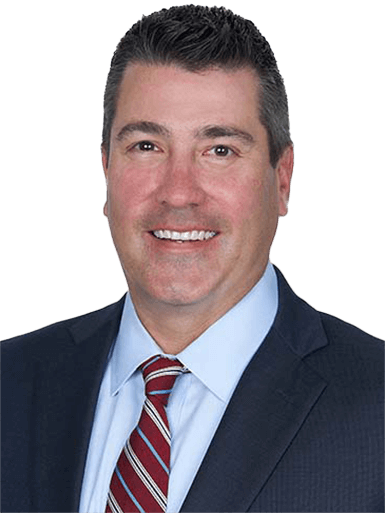Seven Ways to Improve Health Center Financial Stability
Health centers are challenged with post-pandemic funding cuts, inflation, and difficulties attracting and retaining top talent amid a competitive hiring market. These factors strain operating budgets, making it necessary to adopt a proactive and strategic financial management approach. AAFCPAs advises that Federally Qualified Health Center (FQHC) clients evaluate their financial health and operational efficiencies, focusing on areas where costs could be controlled, revenue streams enhanced, and services optimized to ensure long-term viability. By honing in on key performance areas, centers can reduce operating losses, improve financial resilience, and maintain the quality of care their communities depend on.
1. Identify Loss Leaders.
Though they may seem essential, not all services or programs are financially sustainable. AAFCPAs advises that health centers evaluate their offerings to determine which services consistently operate at a loss. In the case of unsustainable programs, consider cost-cutting measures, a reduction in hours, or program phase-out. Routine financial assessments are crucial when applying for grant funding, as centers need to first determine whether a new grant or program would enhance profitability.
2. Monitor Key Performance Indicators (KPIs).
Accurately track and respond to changes in KPIs. This includes regular monitoring of metrics, such as cost per visit, days in accounts receivable, days cash on hand, pharmacy capture rate, collection rate, denial rate, and denial classification. Quick action in response to these metrics may help mitigate financial challenges before they escalate.
3. Strengthen Financial Partnerships.
Keep financial partners—such as banks, accountants, billing services, and attorneys—well informed about financial constraints. By collaborating with partners, FQHCs are better able to identify opportunities for improvement. Health centers should also communicate proactively with lenders if they might miss financial covenants. When all parties are aligned, health centers are better able to explore solutions in a timely manner.
4. Implement Cost-Cutting and Revenue-Enhancement Strategies.
Evaluate both expenses and revenue streams to uncover opportunities for savings and growth. Examine whether contracts could be renegotiated, identify unnecessary expenses (such as conferences or office supplies), and assess whether medical supply purchases are excessive. Health centers should also consider renegotiating commercial payor contracts and vendor agreements to secure potential discounts.
5. Optimize Processes, Especially in Revenue Cycle Management.
Inefficient, manual processes can slow operations down and affect cash flow. Consider automating paper-based processes, which could free staff to work on higher-value tasks, such as collections, denials, and strategic initiatives. With third-party payors using automation and AI for claims processing, health centers should leverage similar technologies to remain competitive.
6. Analyze Compensation Metrics.
Compensation structures can significantly affect financial performance. Benchmarking compensation can identify potential cost-saving opportunities and ensure alignment with market standards. Consider adjusting the balance between base salary and incentive-based pay to boost revenue through improved provider productivity. Metrics tied to ACO shared savings, provider panel sizes, and support staff ratios can further drive financial success.
7. Maximize Fundraising Potential.
Continuously refine fundraising strategies, regularly update donor databases, and engage with the community and donor base to keep fundraising efforts fresh. Centers should also craft compelling impact stories and maximize outreach to private foundations, corporations, vendors, and high-net-worth individuals. Evaluate your social media presence and other marketing efforts to enhance visibility and fundraising success. Finally, conduct a cost-benefit analysis before undertaking fundraising events or capital campaigns.
How We Help
AAFCPAs understands the multifaceted challenges faced by healthcare organizations. Our team provides extensive industry knowledge and specialized expertise to deliver solutions that address operational inefficiencies and enhance financial stability. We work closely with health centers to devise customized services that not only optimize performance but also safeguard the organization from financial risks. Clients include FQHCs, behavioral health organizations, nursing homes and senior care facilities, home care and hospice providers, physicians, and private practices.
If you have questions, please contact Charles Webb, CPA, CHFP, Partner at 774.512.4046 or cwebb@nullaafcpa.com—or your AAFCPAs Partner.

